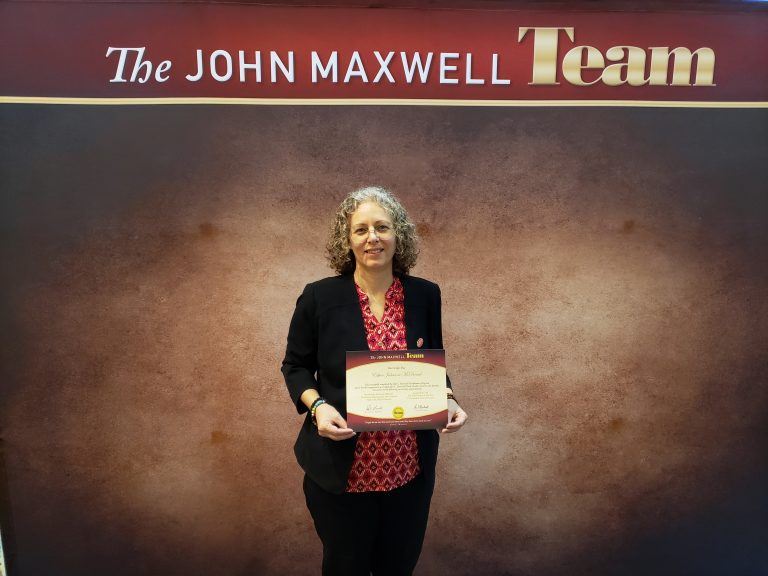The #1 Caregiver Tip Every Caregiver of a Person with Amnesia, Memory Issues, or TBI - Traumatic Brain Injury Needs to Know
If you’re one of the caregivers who seriously wants to understand your amnesia, TBI, or other memory issue client or loved one, then pay careful attention to this caregiver secret.
The Point Here Is: Ask Simple Questions
This tip deals with the fact that amnesia is not just about memory loss. A person with amnesia can also have reduced vocabulary, making communication difficult for the person with this condition. In fact, any person with a brain injury can be suffering from this without anyone realizing it. And the person suffering might not have enough vocabulary or wherewithal to be able to explain it to you.
What’s important about this tip is that family members or clients will feel understood, reducing their frustration and making it easier for you to satisfy their needs.
This spells the difference between success and failure because implementing this one tool will reduce stress for both you and the one you care for. It can also help your client or family member rebuild their vocabulary and create satisfaction for both people involved.
To best help your client or loved one, you should:
- Reduce open ended questions
- Ask questions that require a simple “yes” or “no” answer
- Always ask if the person you are speaking to understood you
- If the answer is “yes,” ask the person if they can repeat to you, in their own words, what he or she understood
- If the answer is “no”, ask the person if he or she is able to tell you what was not understood
This gives you the opportunity to evaluate the extent of their knowledge and explain in simple terms what everything means. More importantly, it ensures you understand what your client or loved one needs or wants.
If you are a caregiver of a person with amnesia, brain injury or some other type of memory issue who wants to understand your client or loved one, check out this book When Memories Leave: A Story of Love, Overcoming Brain Injury and Family Dysfunction at your favorite book retailer or at Amazon.
Claim your copy right now!




Esther, thank you so much for sending this to me! As you know, I am on the other side of this…the person being cared for. I will forward this to my husband.
You are welcome. Continue to take care of yourself. More articles like this will be coming soon.
Hi there! This is my first comment here so I just wanted to give a quick shout out and tell you I really enjoy reading through your articles. Can you recommend any other blogs/websites/forums that deal with the same topics? Thank you! Vikki Ward Tien
As I website possessor I believe the content matter here is rattling wonderful , appreciate it for your efforts. You should keep it up forever! Good Luck. Cyb Cesar Fontana
Thank you. I really appreciate your comment.
I love it when individuals get together and share opinions.
Great blog, keep it up!
I truly appreciate this information. Just like memory is impaired during brain injury, so is vocabulary. I have understood this for awhile, due to the effects of multiple sclerosis. I have memory deficit and when I am overtired or I’ll, I have difficulty speaking. Although MS is different from a brain injury, due to scarring in various parts of the brain a person can experience decline in certain bodily functions such as speaking and word recall. Thank you for sharing your journey back to health.
Thank you for sharing your journey with me. Yes, memory can be affected by many different things. One of the things I have found helpful is to work with words every day even if it is only writing in my journal. And I must admit that I use the dictionary and thesaurus when needed.
Thank you for the hope that you are sharing with me and others who are struggling with memory and communication issues.
You’re quite welcome. Please feel free to share with others you know. You never know who is struggling with this or if they know someone struggling. Many times we keep these kinds of struggles to ourselves and those we are close to.
thanks you ver good hello